- UN rights chief: World must not ‘revert to violence as an organizing principle’ Arab News
- Global security order shifting rapidly, UN chief warns Dawn
- Human rights outmuscled by ‘rule of force’ globally, UN chief warns Al Jazeera
- Our…
Category: 2. World
-
UN rights chief: World must not ‘revert to violence as an organizing principle’ – Arab News
-
China’s manned space program releases major tasks ahead-Xinhua
BEIJING, Feb. 27 (Xinhua) — China is scheduled to launch two crewed missions and one cargo spacecraft mission for its space station operation in 2026, according to the China Manned Space Agency (CMSA).
An astronaut from the Hong Kong or…
Continue Reading
-
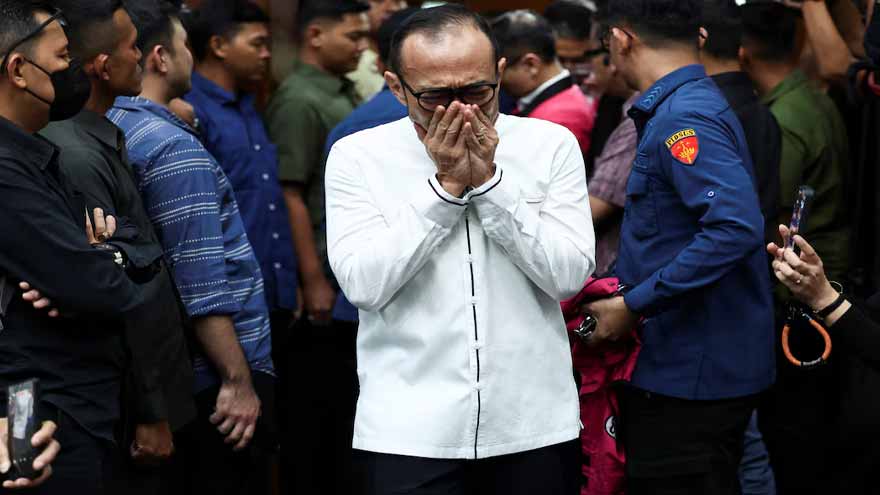
Indonesia court jails ex-CEOs of Pertamina units in graft case
JAKARTA (Reuters) – An Indonesian court has jailed nine people in a major corruption case involving subsidiaries of state energy firm Pertamina, including two former chief executives of its units, which prosecutors…
Continue Reading
-

Indonesia court jails ex-CEOs of Pertamina units in graft case
JAKARTA (Reuters) – An Indonesian court has jailed nine people in a major corruption case involving subsidiaries of state energy firm Pertamina, including two former chief executives of its units, which prosecutors…
Continue Reading
-
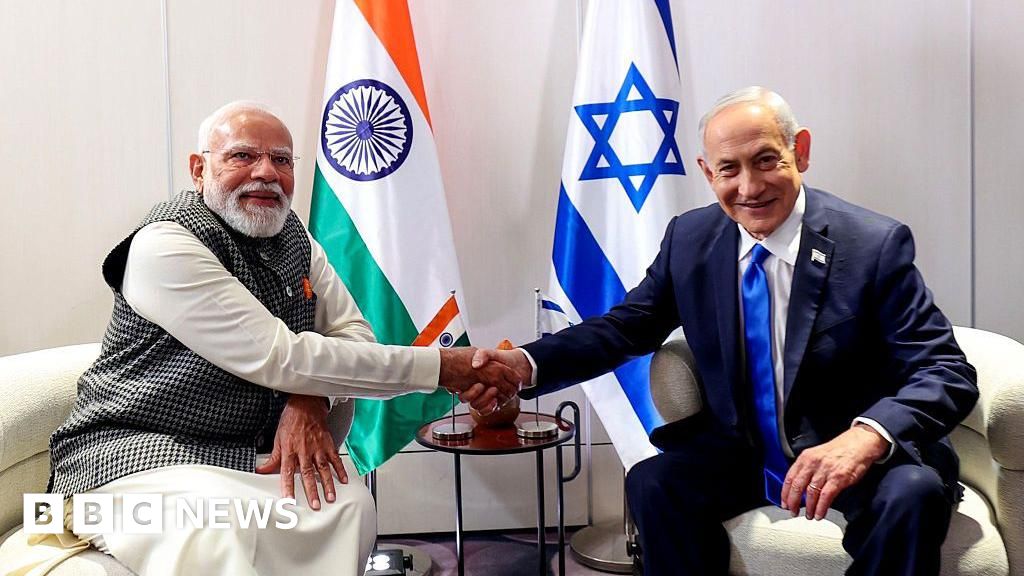
India and Israel pledge to boost ties in defence and technology – BBC
- India and Israel pledge to boost ties in defence and technology BBC
- Modi addresses Knesset, says India stands ‘firmly’ with Israel after Oct 7 attack Dawn
- Who is really safe in India and Israel? Al Jazeera
- India’s Modi visits Israel as…
Continue Reading
-

Poland plans social-media ban for children under 15, Bloomberg News reports – Technology
Poland plans to introduce new legislation to ban social media for children under 15 years of age and will hold platforms responsible for age verification, Education Minister Barbara Nowacka told Bloomberg News in an interview published on…
Continue Reading
-
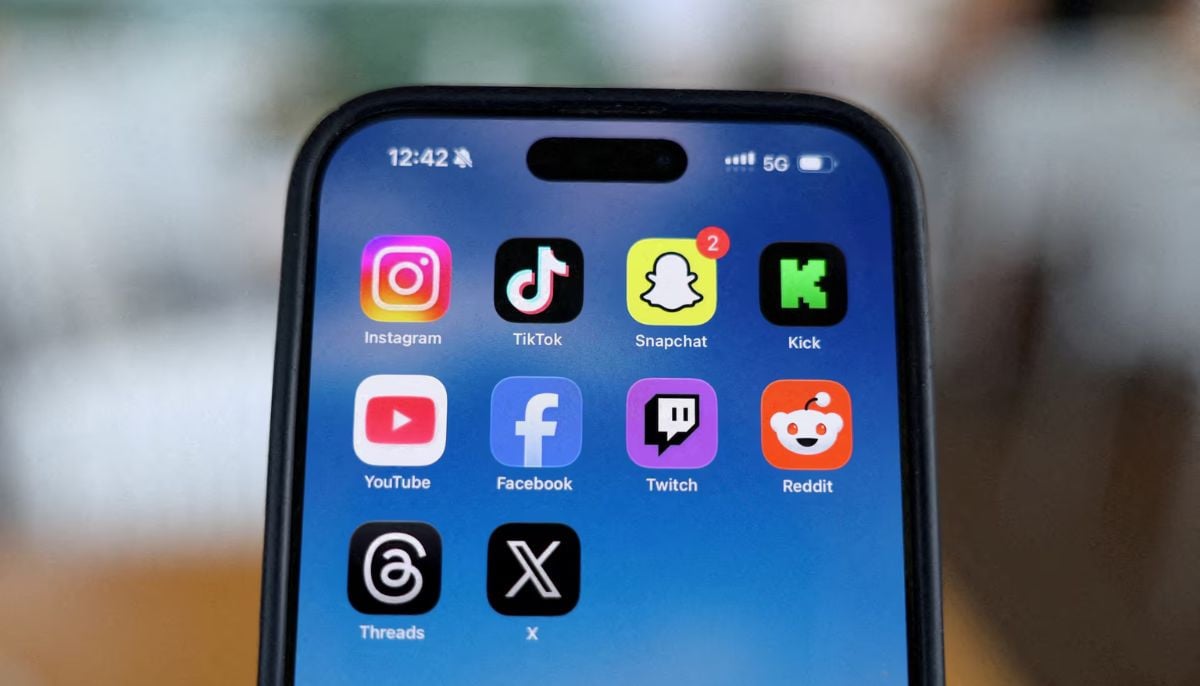
Poland joins Spain in move to ban social media for children under 15
Poland is reportedly working to implement a nationwide ban on social media…
Continue Reading
-
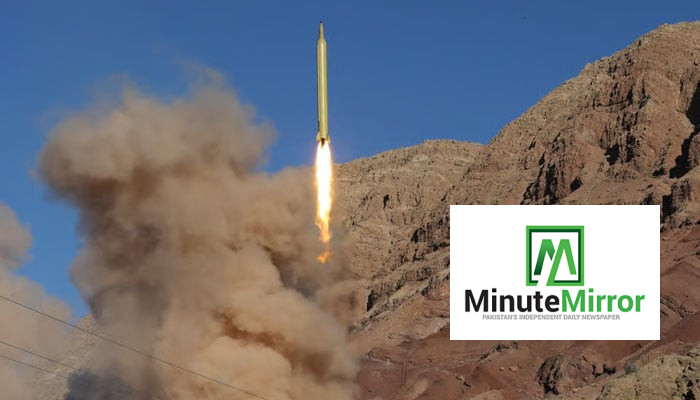
How far can Iran’s missiles go? Inside Tehran’s arsenal
Summary
- With negotiations set to resume in Geneva between Iran and the United States, one issue continues to resurface: Iran’s ballistic missiles.
- National Intelligence Office, Iran possesses the largest number of ballistic missiles in the…
Continue Reading
-
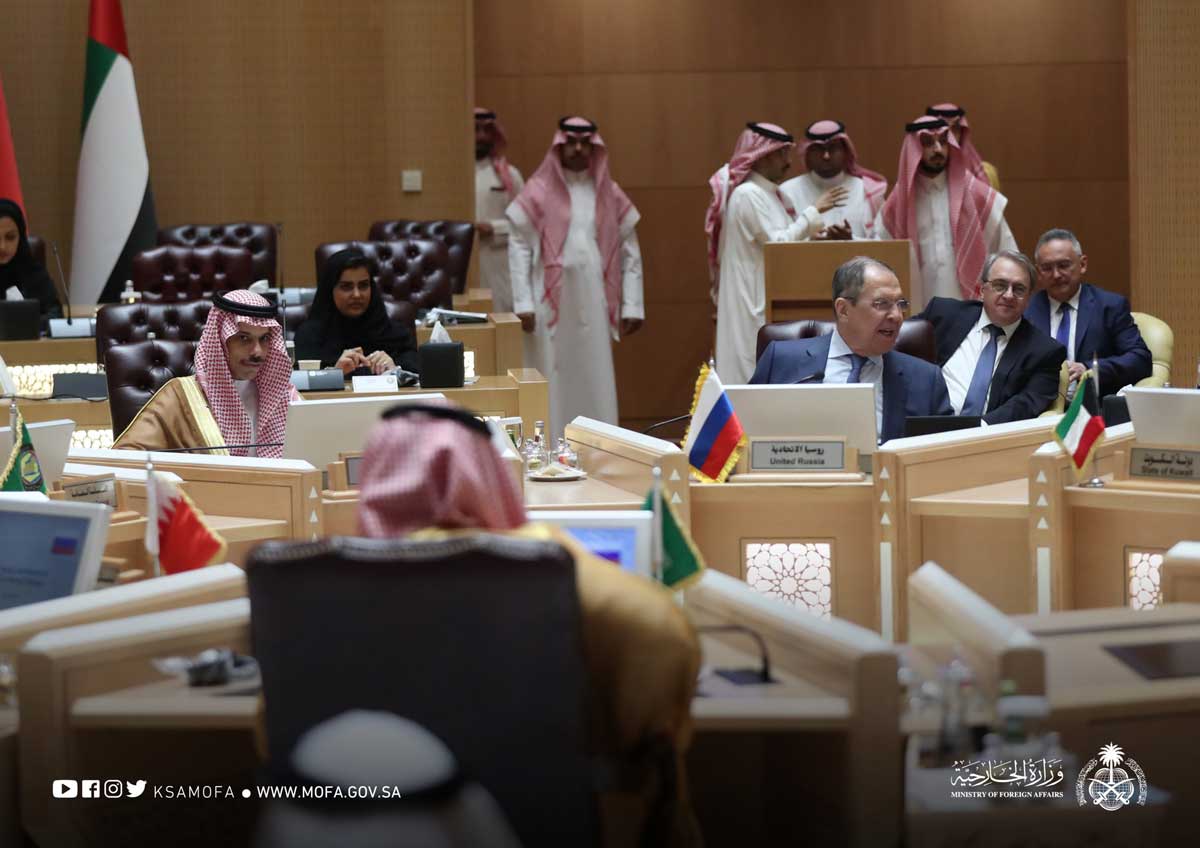
Russia’s Arctic Allure: How Gulf Tourists Are Powering a New Travel Boom Amid War
In sub-zero temperatures just outside Moscow, husky sleds glide across snow-laden fields carrying visitors from Oman and the United Arab Emirates. For many, it is their first encounter with real winter. At Nazarievo Husky Park, 45 kilometres…
Continue Reading
-
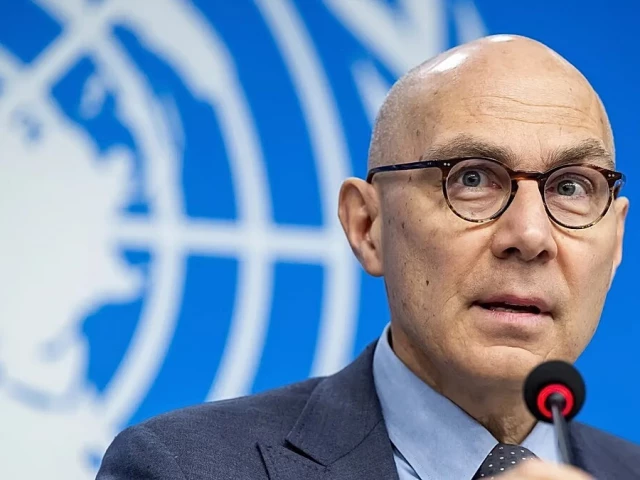
UN rights chief says Taliban decree expands executions, deepens repression
Taliban has restricted women’s movements, barred girls from education beyond primary school since coming to power
Volker Turk warned countries that at a time when global human rights are under significant assault, his office was facing dire…
Continue Reading